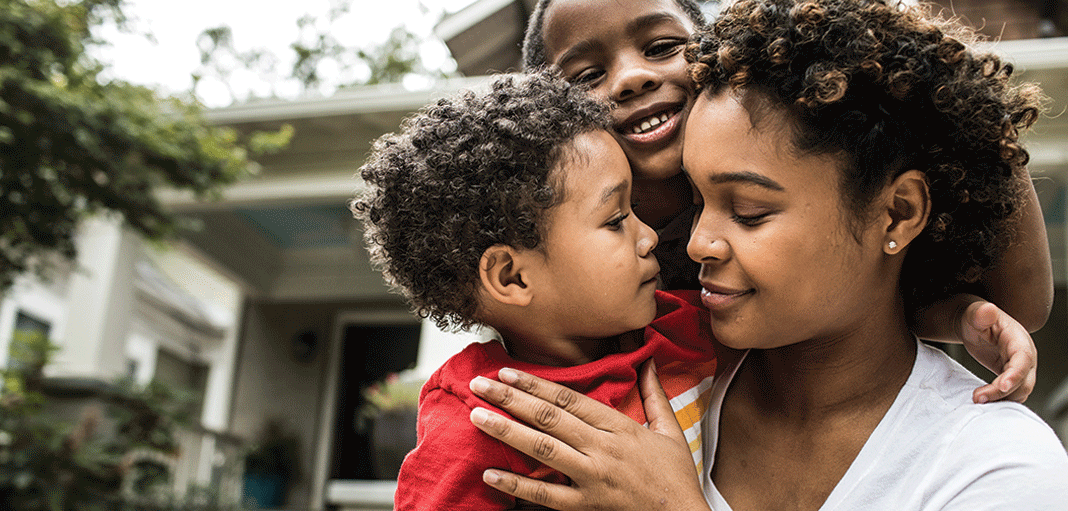Enroll with us in a few easy steps
Leukemia is a cancer that starts in the blood cells. It most commonly happens in white blood cells, but can happen in other kinds of blood cells as well.1
Leukemia typically happens in the early versions of blood cells and starts in the bone marrow, the soft, inner part of the bones where new blood cells are produced. Because leukemia affects blood cells, it can easily move throughout the body, including the liver, lymph nodes and spleen.
There are two types of cells that can be affected by leukemia: lymphocytic and myeloid cells. They are both types of immature blood cells that are produced in bone marrow.
- Lymphocytes – develop into white blood cells
- Myeloid cells – develop into white blood cells, red blood cells, or platelet-making cells
There are several different types of leukemia. They are grouped based on the type of cell they affect and whether they are slow-growing (chronic) while others grow quickly (acute). The most common types are:
- Acute lymphocytic leukemia (ALL) – most often diagnosed in children, but can happen in adults over the age of 50
- Chronic lymphocytic leukemia (CLL) – mostly affects older adults and is rarely diagnosed in people under the age of 40
- Acute myeloid leukemia (AML) – usually happens in people over the age 65
- Chronic myeloid leukemia (CML) – usually happens in people over the age of 65; it is rarely seen in children
- Chronic myleomonocytic leukemia (CMML) – rare and happens in older adults
How leukemia is treated depends on the type of cancer, the age of the patient, and the patient’s overall state of health.
- Chemotherapy
- Radiation therapy
- Targeted drugs, which focus on keeping specific types of cancer cells from growing
- Immunotherapy, which helps the immune system recognize and destroy cancer cells
- Stem cell transplant (also called a bone marrow transplant)
Because most treatments for cancer have side effects, it’s important to take care of yourself both before and during treatment. Things you can do to make treatment easier include:
- Getting enough rest
- Eating a healthy diet
- Staying physically active
- Staying connected with family and friends
If you have any questions about your treatment, or have concerns about side effects, talk to your doctor or call your CVS Specialty CareTeam.
This information is not a substitute for medical advice or treatment. Talk to your doctor or health care provider about your medical condition and prior to starting any new treatment. CVS Specialty assumes no liability whatsoever for the information provided or for any diagnosis or treatment made as a result, nor is it responsible for the reliability of the content.
CVS Specialty does not operate all the websites/organizations listed here, nor is it responsible for the availability or reliability of their content. These listings do not imply or constitute an endorsement, sponsorship, or recommendation by CVS Specialty.
Your privacy is important to us. Our employees are trained regarding the appropriate way to handle your private health information.
1American Cancer Society® Website. www.cancer.org/cancer/leukemia Accessed October 3, 2018.
This page contains registered trademarks of entities not affiliated with CVS Specialty.

